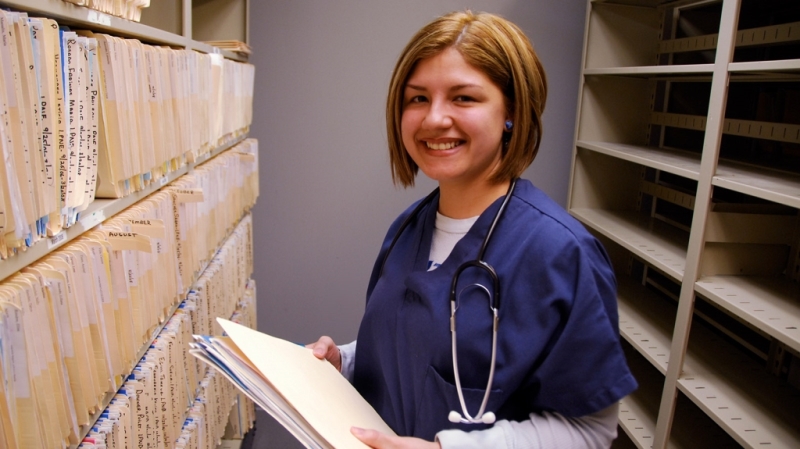**Title: Comprehensive Guide to Medical Coding Training**
**Introduction:**
Are you interested in pursuing a career in healthcare that doesn’t involve direct patient care? Medical coding might be the perfect fit for you. Medical coding professionals play a crucial role in the healthcare industry by assigning specific codes to medical diagnoses and procedures. These codes are essential for insurance claims, medical billing, and maintaining accurate patient records.
**What is Medical Coding Training?**
Medical coding training refers to the educational programs designed to teach individuals the skills and knowledge required to become a certified medical coder. These training programs cover topics such as anatomy, physiology, medical terminology, healthcare regulations, and coding systems like ICD-10 and CPT.
**Benefits of Medical Coding Training:**
1. **Lucrative Career Opportunities:** Medical coding professionals are in high demand across various healthcare settings, including hospitals, physician offices, and insurance companies. The average salary for medical coders is competitive, making it a financially rewarding career choice.
2. **Remote Work Options:** Medical coding is a profession that can often be done remotely, providing flexibility and work-life balance. Many medical coders have the option to work from home, making it a desirable career for those seeking a flexible work environment.
3. **Career Growth:** With the ongoing changes in healthcare regulations and technology, the demand for skilled medical coders is expected to increase. By undergoing medical coding training and becoming certified, you can enhance your career prospects and open up opportunities for advancement.
**Practical Tips for Medical Coding Training:**
1. **Choose Accredited Programs:** Ensure that the medical coding training program you select is accredited by reputable organizations like the American Academy of Professional Coders (AAPC) or the American Health Information Management Association (AHIMA).
2. **Hands-On Experience:** Look for programs that offer hands-on training and practical experience with real-world coding scenarios. This will help you gain valuable skills and prepare you for the demands of the job.
3. **Stay Updated:** Healthcare regulations and coding practices are constantly evolving. Stay informed about the latest industry trends and updates to ensure that your coding skills remain current and accurate.
**Case Study:**
Emily, a recent graduate of a medical coding training program, landed a job at a local hospital shortly after completing her certification. With the knowledge and skills she gained from her training, Emily was able to excel in her role and quickly advance within the organization.
**Firsthand Experience:**
“I decided to pursue a career in medical coding after attending a career fair at my college. The structured training program provided me with a solid foundation in coding principles and helped me secure a job at a prestigious healthcare facility. I am grateful for the opportunities that medical coding training has opened up for me.” – Sarah, Certified Medical Coder
medical coding training can be a stepping stone to a fulfilling career in the healthcare industry. By acquiring the necessary skills and certification through accredited training programs, you can position yourself for success in this in-demand field. Whether you’re a recent graduate looking to start your career or a healthcare professional seeking a new challenge, medical coding training offers a pathway to rewarding opportunities. Start your journey towards becoming a certified medical coder today!



